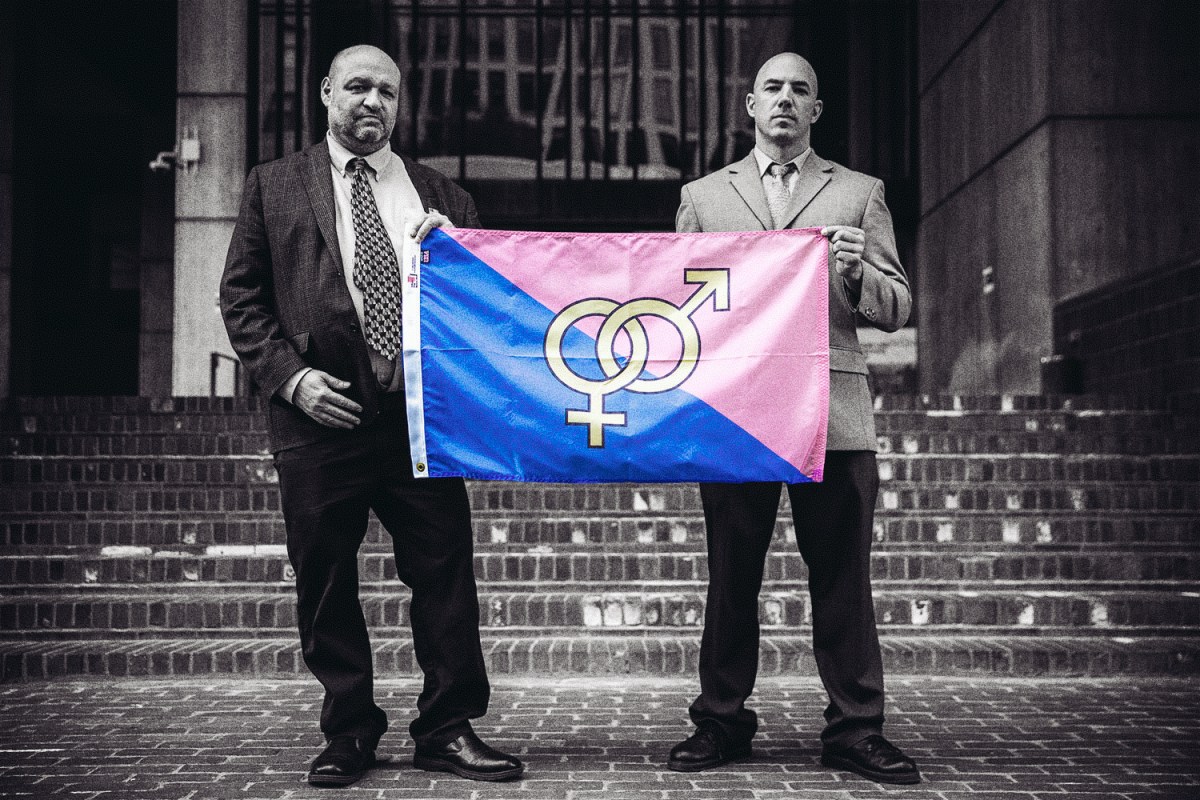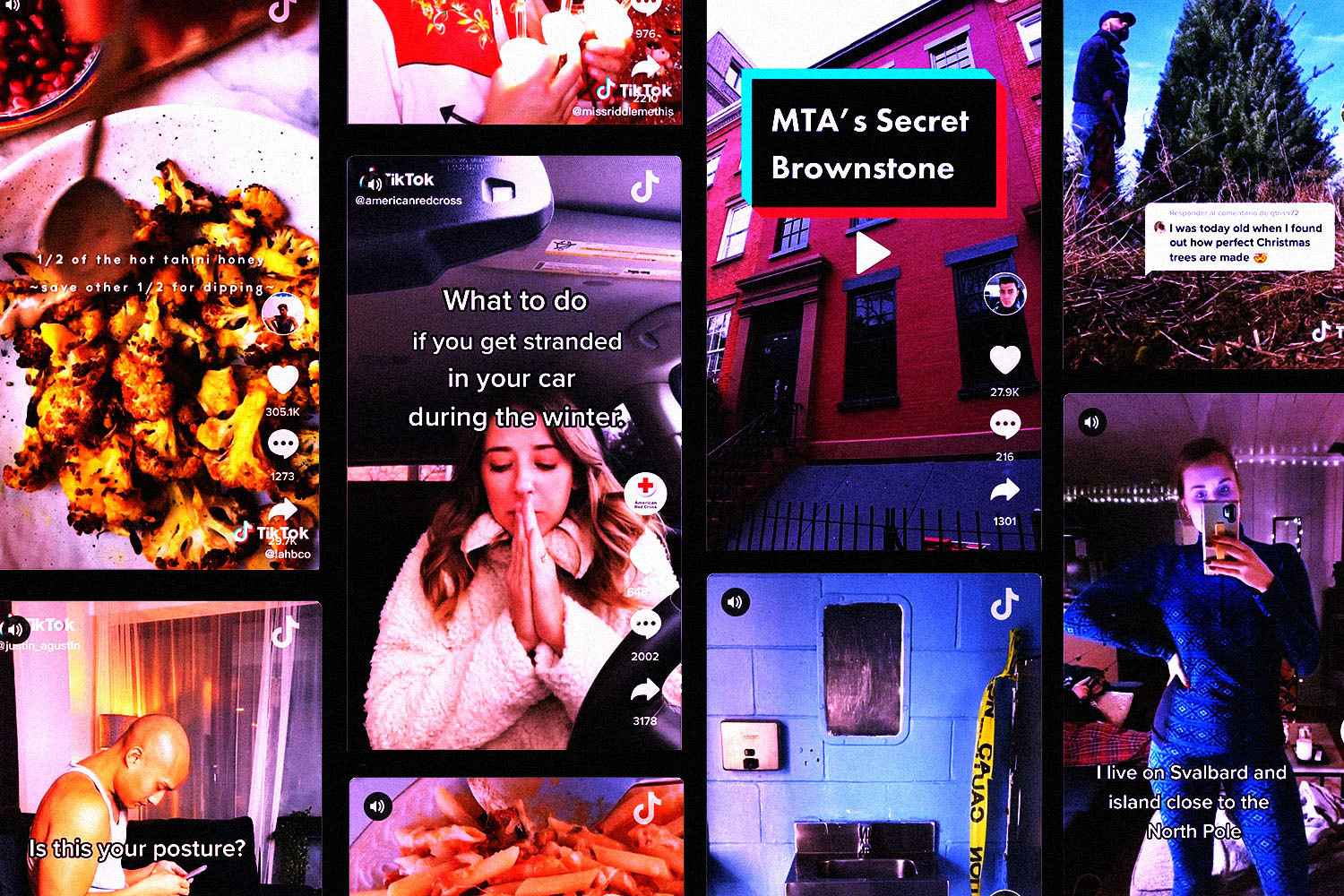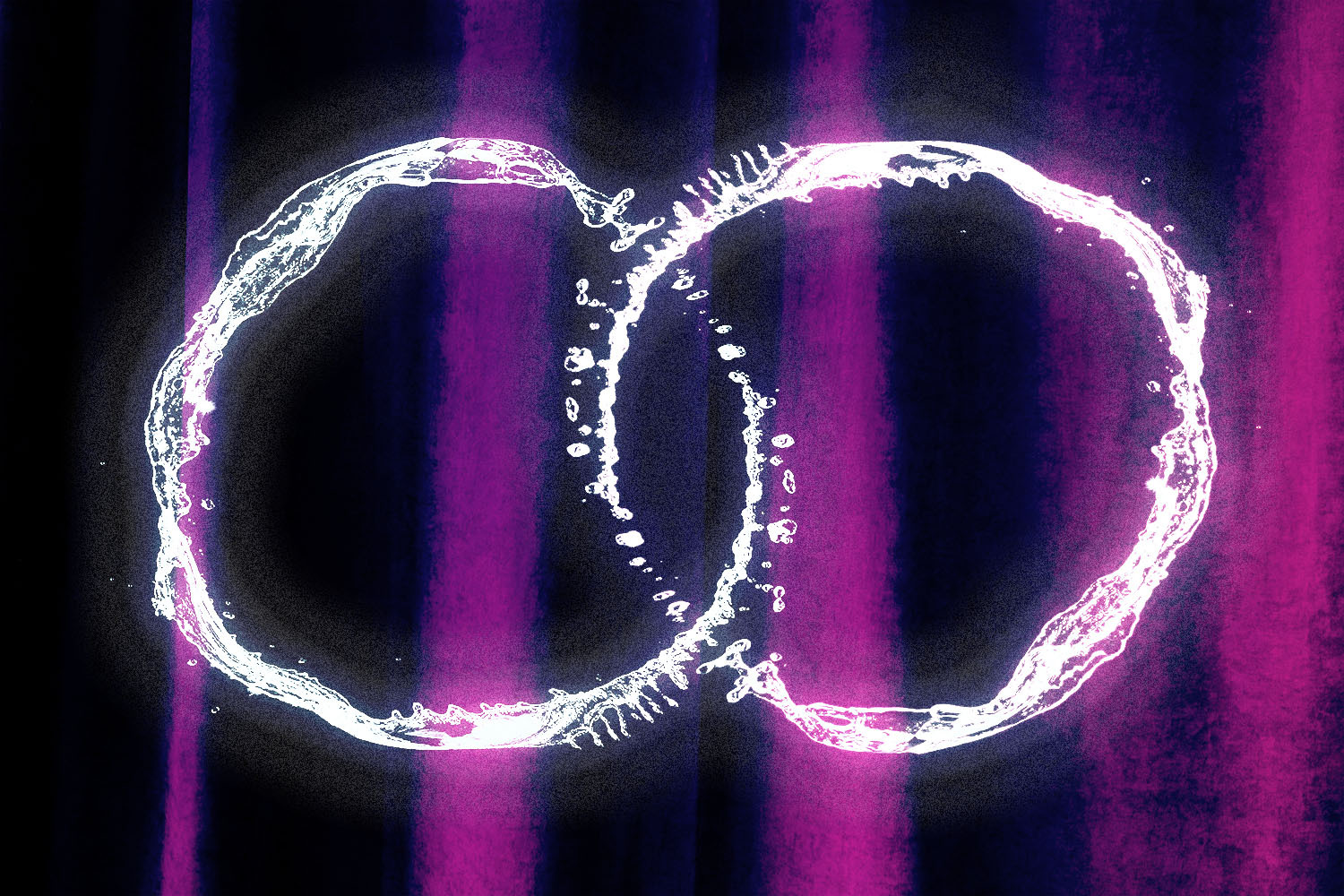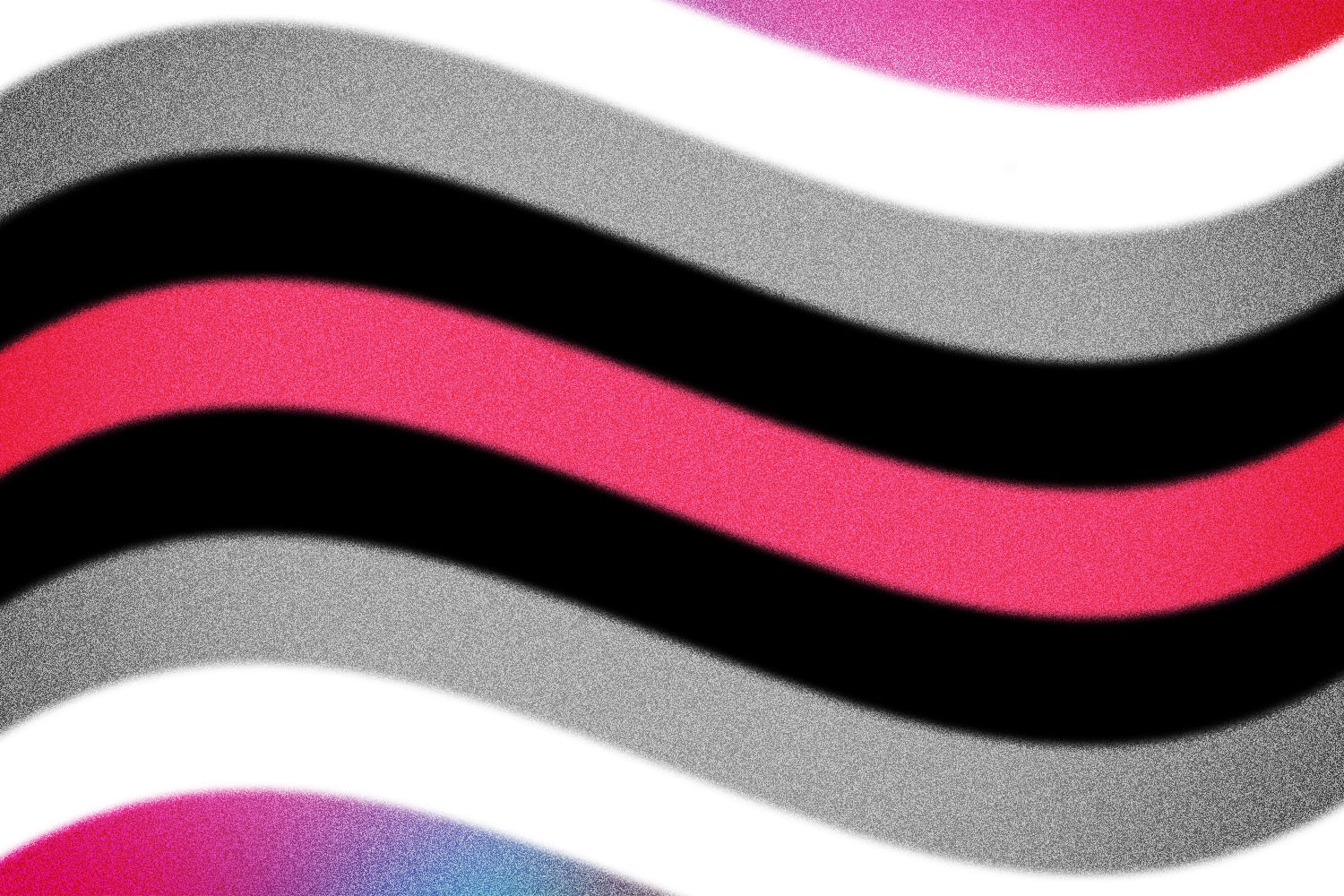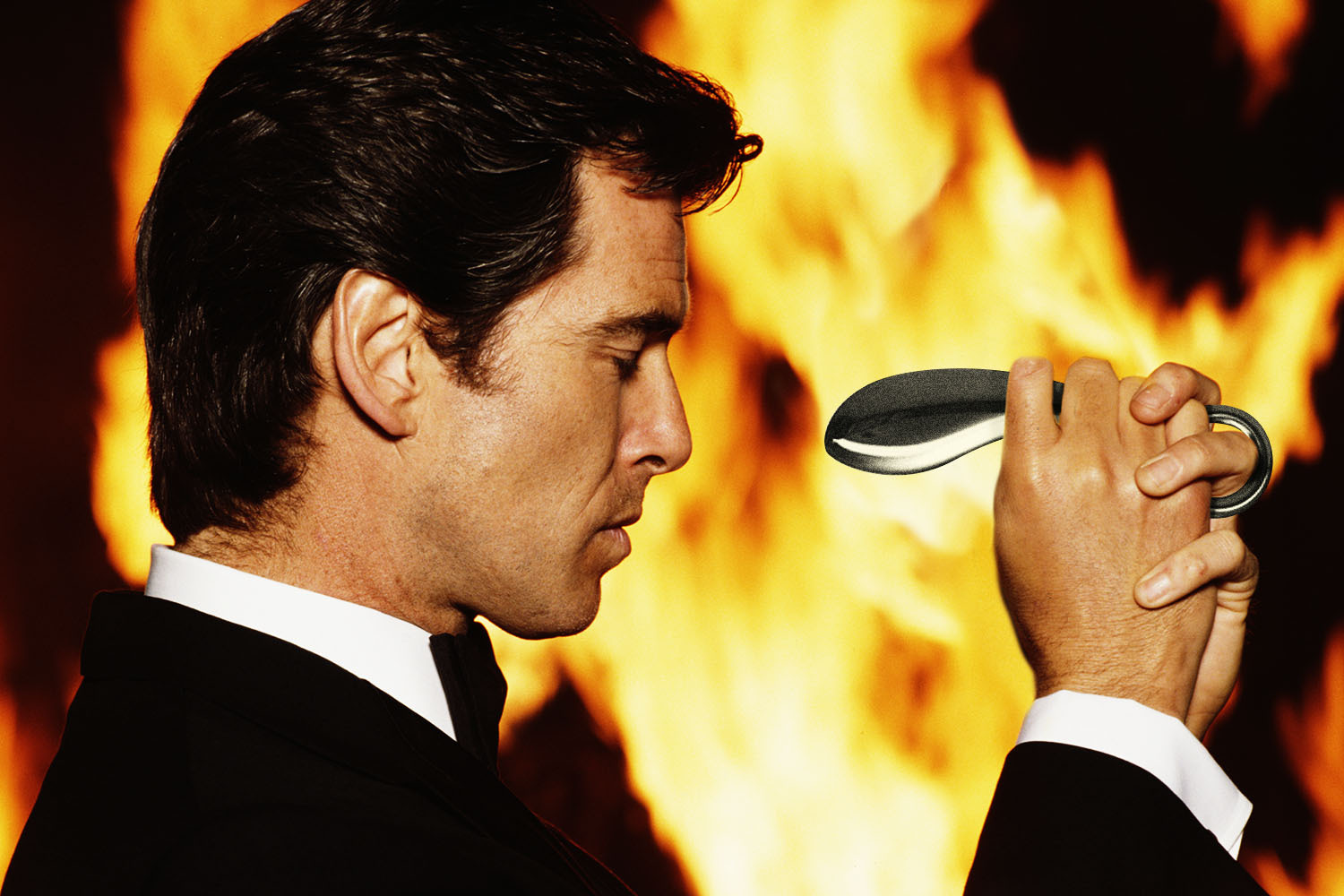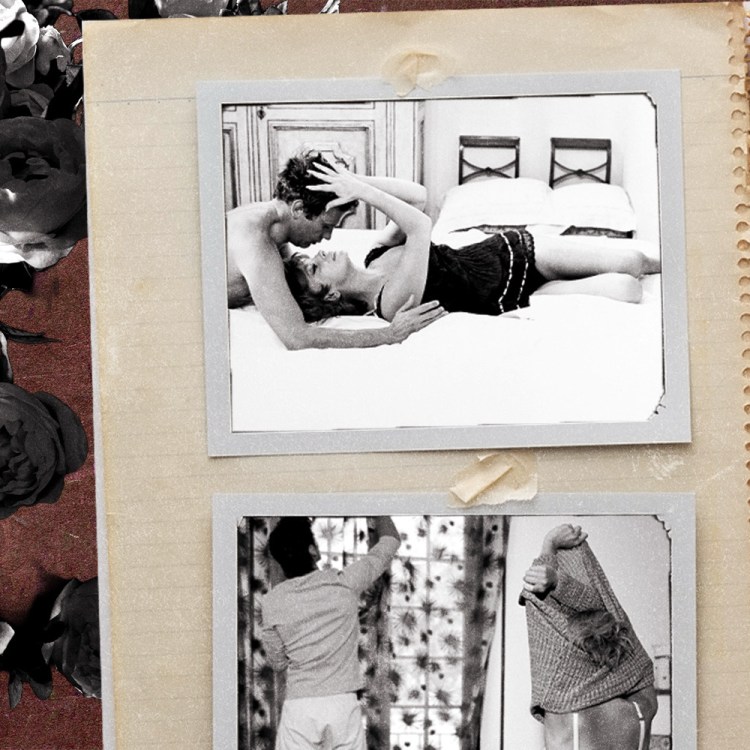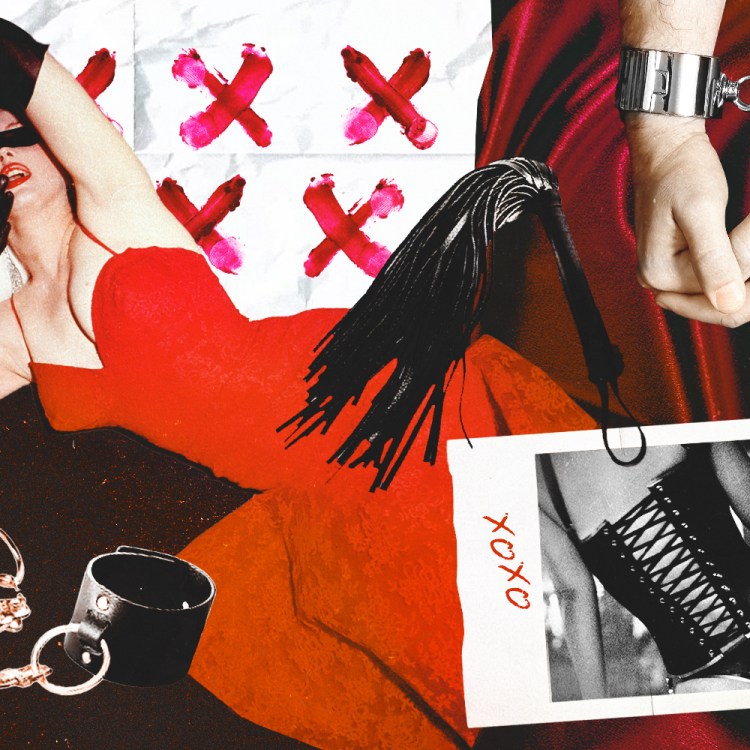It started with a 30-second video.
“I made a new sexuality,” TikTok user KyleRoyce says to the camera while sitting in his car. “It’s called super straight. Straight men like myself get called transphobic because I wouldn’t date a trans woman. But that’s not a real woman to me, I want a real woman. So now I’m super straight. I only date the opposite gender — women that are born women. So you can’t say I’m transphobic now because that’s just my sexuality.”
The video, with its many prejudices and inaccuracies, accrued over two million views before it was removed from the platform for violating its Community Guidelines regarding hate speech.
“I created it because I was sick of being labeled with the very negative terms for having a preference, something I can’t control, and getting labeled by the community that preaches acceptance with that sort of stuff,” Royce told Insider. He insists that the video wasn’t intended to be hateful and that his opinion is shared by many, but they’re “too scared to say it in fear of the backlash and interpretations.”
Despite TikTok’s efforts to ban this behavior by blocking users from searching “super straight” and relevant keywords or using it as a hashtag, the trend is still infecting popular platforms like Twitter and Reddit (though Reddit has also banned r/superstraight, a group that described itself as “A Community for Oppressed Men and Women that consider their Sexuality/Gender/Religion to be ‘Super Straight’” and collected 30,000 users in a matter of days). In an effort to keep the movement alive on banned platforms, supporters have been commenting with black and orange emojis — the colors of their “pride flag”— on trans and other queer creators’ content.
Those who’ve subscribed to the super straight trend have taken to using the language of LGBTQ+ advocacy in an appropriative attempt to both ridicule that community while legitimizing their own. Insider reported that 4chan (a discussion board site popular among right-wing trolls) wrote about their intention to divide queer and trans people using the left’s tactics against themselves in an effort to drive a wedge in the LGBTQ+ community. Super straight supporters have also taken to posting “coming out” videos and accusing those who oppose their fictitious orientation of being “superphobes.”
The movement doesn’t end with offensive memes and hate speech. According to Insider, its followers even went as far as to raise money for a trans-exclusionary women’s shelter, Vancouver Rape Relief, via a GoFundMe that brought in $7,000 before it was removed.
To speak to the inaccuracies of the movement and perhaps provide a bit more clarity on why “super straight ” should never and will never be considered a legitimate sexual orientation, InsideHook reached out to Clark Hamil, a prominent gender and sexuality educator in New York.
“Being straight is just as valid as being gay, being lesbian, being bisexual, being pansexual or any other sexuality that exists,” says Hamil. “Being ‘super straight,’ however, is coming up with a label to specifically exclude an entire group of diverse people, that is rooted in stereotypes, falsehoods and a lack of respect. It is not a sexuality, nor is it a marginalized group.”
Hamil adds that, contrary to their testimony, people who oppose super straights are not bigots, because bigotry is hatred rooted in prejudice, and prejudice does not exist toward straight people.
“[Being super straight] is not valid in the way LGBTQ+ identities are, because it does not describe a type of attraction. It describes prejudice,” Hamil says. “This is a sexuality label that is rooted not in relation to the gender or genders that they are attracted to, but in the qualities of people they’re not attracted to based on assumptions around whether everyone in a group of diverse people possesses those qualities or not.”
The prevailing argument from super straights is that, by not finding trans people attractive, they’re unfairly branded transphobic. Except this accusation is fair, because these people are writing off an entire community under the assumption that its members are all the same.
“There are features that you may not find attractive, and a trans person may have those features,” Hamil explains. “But this is different than saying you do not find transgender people attractive. We have to remember that all transgender people, like all cisgender people, are different.”
By saying you’re not attracted to trans people, you’re saying that you see all trans people as having the same body parts, physical features and qualities. This is what makes it transphobic.
“If you’re genuinely not interested in a certain set of binary genitalia, that’s okay; you shouldn’t have sex with someone that you don’t want to,” Hamil assures. “But if you’re really into someone, are genitals going to be a dealbreaker for you? Or will you try to have a conversation, consider what it is about those genitals that you don’t like, ask how that person likes their genitals played with (if at all), and then see where you stand?”
This will require some introspection. “Saying an entire body part is something you’re not interested in is a pretty hard line to draw, and you need to think about why you are drawing that line,” Hamil says. “Is it an actual lack of attraction? Is it an insecurity? Does it feel shameful or embarrassing? Is it new, and thus may be scary? I encourage you to think: are you attracted to all cisgender women the way you say you’re not attracted to all transgender women?”
If there’s anything positive to be scraped from this unsettling topic, it’s that the online dissemination of so-called “super straight” rhetoric presents an opportunity to look inward and evaluate why one may think they’re not attracted to trans people. It could reveal possible prejudices you may not have thought you had.
As queer people had no choice but to understand in order to accept ourselves: sometimes our greatest lessons come from unlearning belief systems that are in a state of constant evolution.
The Charge will help you move better, think clearer and stay in the game longer. Subscribe to our wellness newsletter today.
